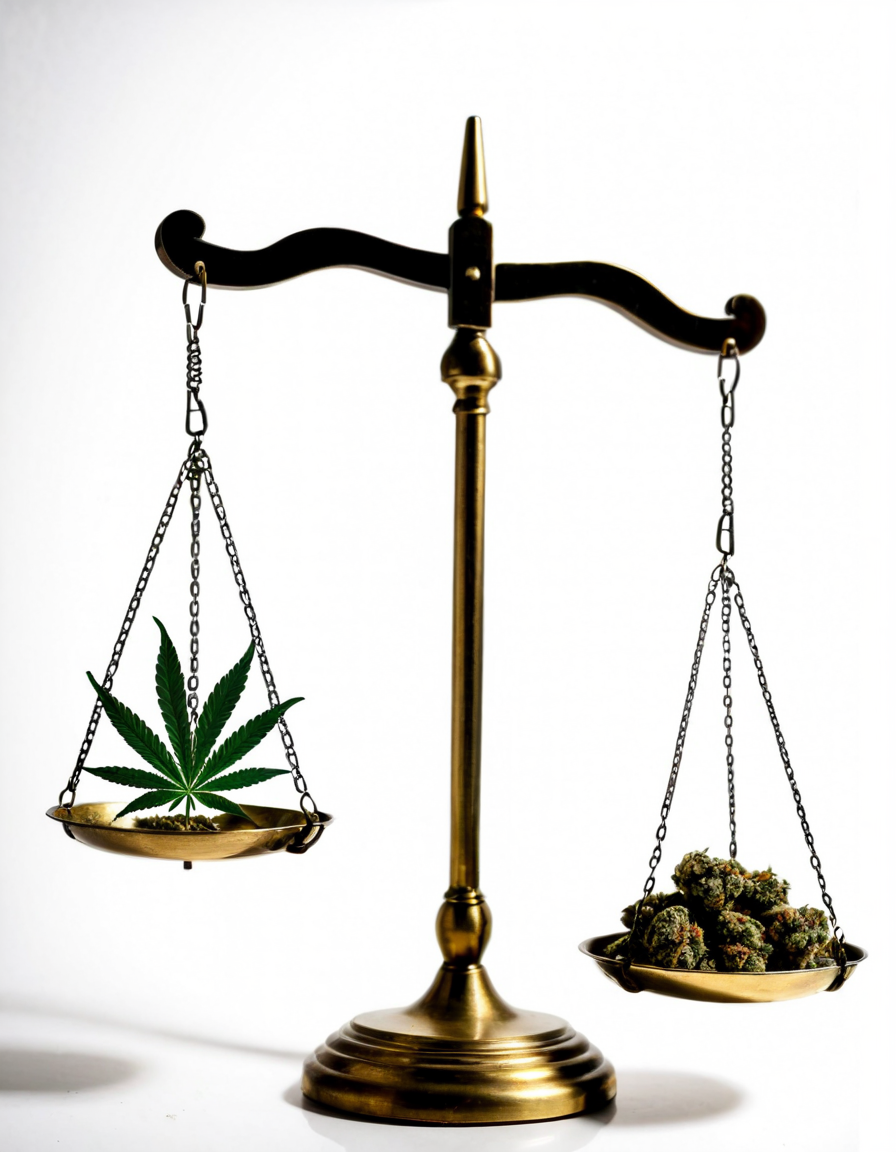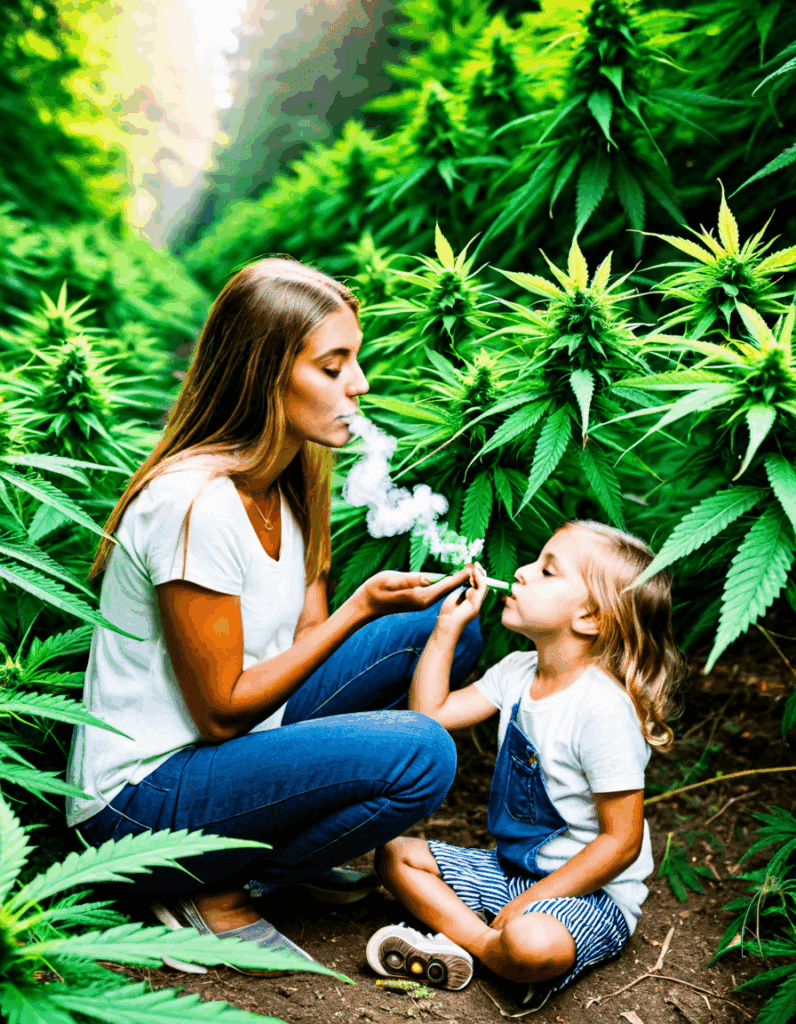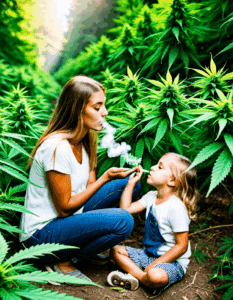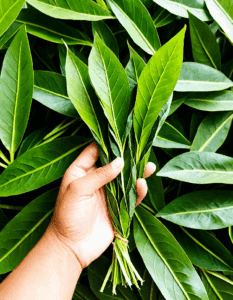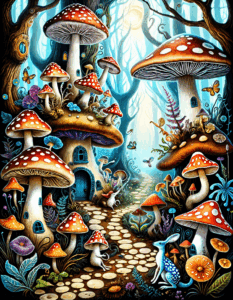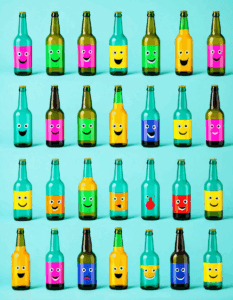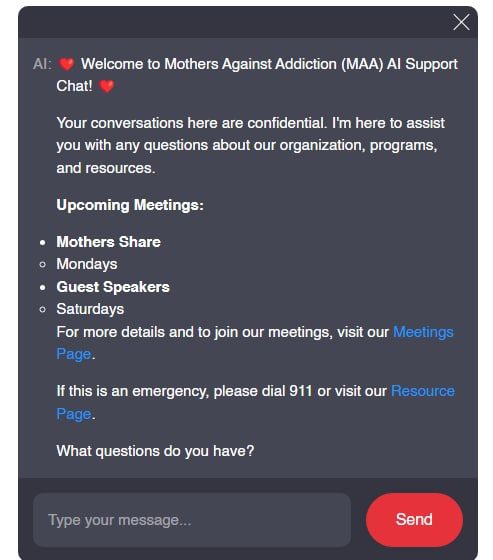When it comes to questions about how addictive is marijuana, the topic can feel like walking a tightrope. On one hand, you have passionate advocates talking about the benefits of cannabis, and on the other, you have concerned parents wrestling with the darker side of marijuana use. This article aims to shed light on the risks and realities of cannabis use while being a support system for families navigating these turbulent waters.
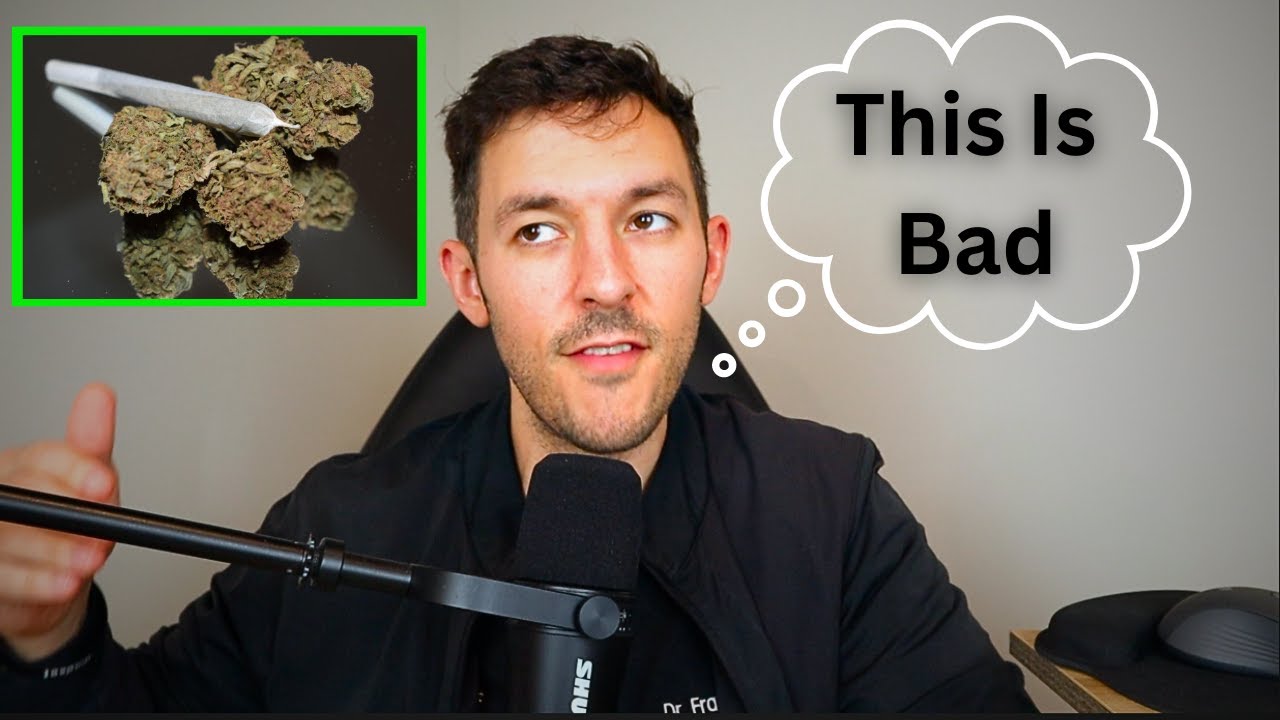
1. The Science of Addiction: How Addictive Is Marijuana?
To grasp how addictive is marijuana, you first need to understand the mechanics behind addiction. The research paints a clear picture: the potential for addiction is real. According to the National Institute on Drug Abuse (NIDA), about 9% of users might develop a dependence on cannabis. And for those who start in their teenage years, that number jumps to 17%. This isn’t merely statistical jargon; it represents real people, perhaps even someone you love.
Marijuana affects the brain’s reward system in similar ways to other drugs, promoting feelings of happiness and relaxation. Over time, users may find that they need more of the drug to experience the same high—this is called tolerance. This sets the stage for a pattern of increased use and often leads to dependency. It’s a slippery slope, and understanding these underlying mechanisms can empower parents and families to seek help before it becomes too late.
Addiction doesn’t always present itself overtly, but it can creep into the lives of even casual users. Many parents feel blindsided when their child becomes reliant on cannabis, often not recognizing the signs until it’s a crisis. Knowing the statistics and the underlying science gives families the advantage of foresight, something essential in navigating these often uncharted waters.
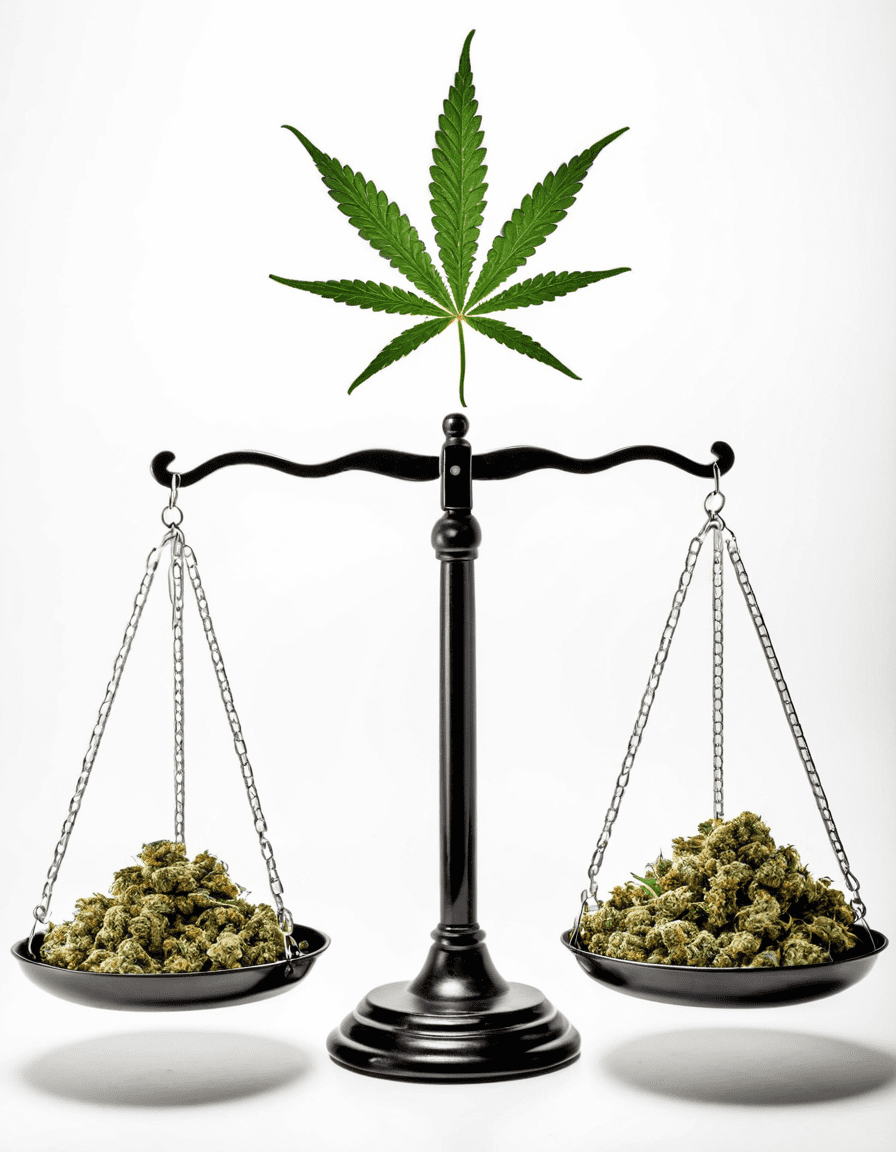
2. Understanding the Risks: Is Pot Addictive?
Many people still casually dismiss marijuana as a harmless drug, but this perception underestimates its risks. Regular users often find themselves in a cycle where increasing their intake is necessary just to get the same euphoric effects. This cycle is known as tolerance, and anyone who has peaked and fallen into it knows how recognizable it becomes.
When you dive into the world of habitual use, psychological and physical dependencies may arise. We must assess how these dependencies compare to those established by substances traditionally viewed as addictive. Marijuana can cause a psychological dependence, meaning that users may turn to it as a crutch, relying on it to get through stress, anxiety, or emotional pain.
Take, for instance, a young adult who uses marijuana to manage feelings of inadequacy or anxiety. Initially, it may seem to provide relief, but over time, this reliance might lead to behaviors that mirror addiction—losing interest in hobbies, neglecting relationships, or performing poorly at school or work. These are risks that every family member should consider when discussing the realities of marijuana use.

3. Is Cannabis Addictive? The Psychological Perspective
Understanding how addictive is marijuana leads us to its psychological ramifications. Many users describe cannabis as a coping mechanism for life’s struggles. They may interfere with their lives’ balance by using marijuana to escape, especially among those grappling with deeper mental health issues.
Firsthand stories from those in recovery illuminate this issue clearly. For instance, Sarah, a former user, began using marijuana to cope with her PTSD. Initially a relief, it spiraled into a rollercoaster of dependence, affecting her relationships and overall productivity. Her journey through recovery revealed the cycle of emotional reliance on cannabis—an issue that proves the need for comprehensive discussions around marijuana’s risks.
Parents, listening to stories like Sarah’s, can cultivate understanding and compassion rather than judgment. Recognizing that their child may be relying on cannabis to manage overwhelming feelings can encourage more open conversations. This fosters an environment of trust and support, which could be crucial in steering them towards healthier coping mechanisms.
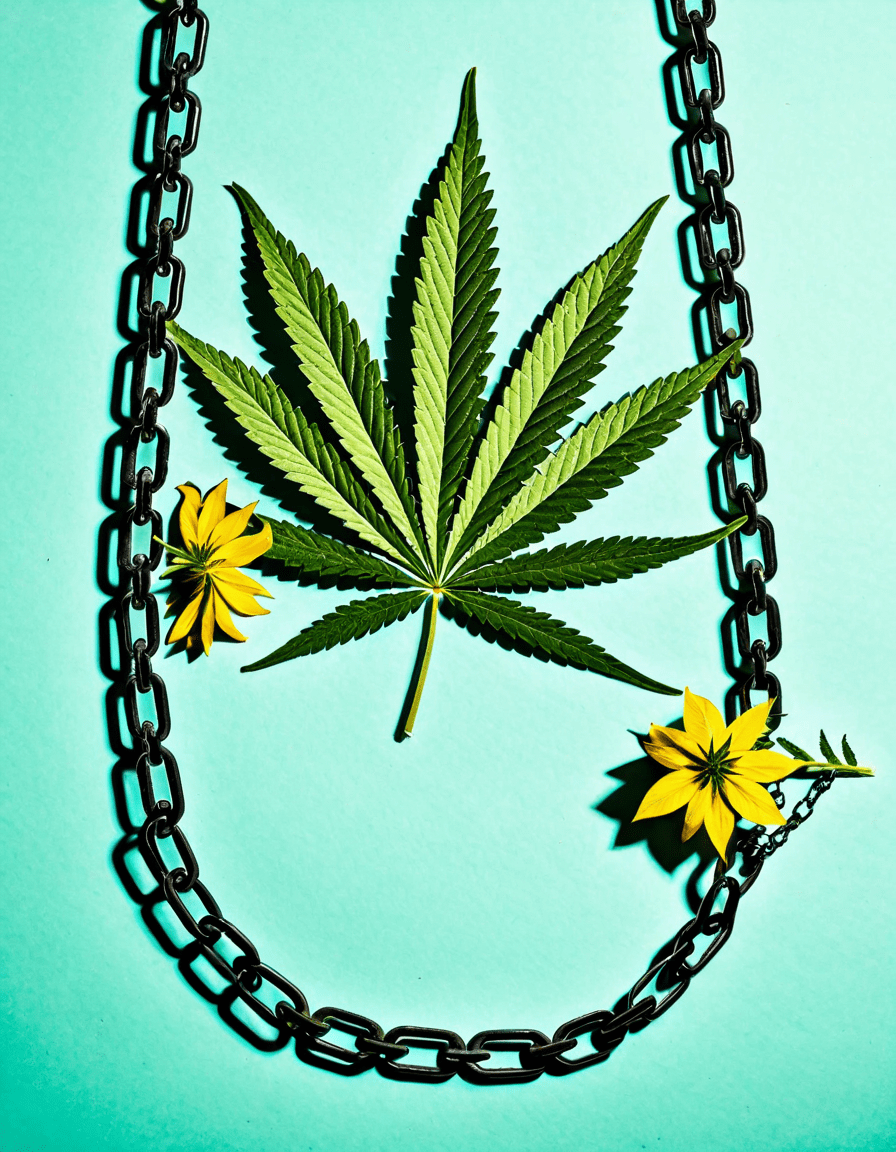
4. The Motivations Behind Usage: Why Do People Ask, “Is Weed Addictive?”
Cultural perceptions significantly shape whether individuals use marijuana and how they frame its related risks. In areas where cannabis is legal, users often cite its therapeutic benefits as a justification for their use. However, scientific research provides a stark contrast to subjective community narratives.
Studies from places like the University of California indicate a lesser-known truth: habitual use can lead to addiction. Many users start as casual consumers, buoyed by claims of its health advantages. Yet, those battling underlying mental health issues may find themselves embroiled in a routine of heavy use, blurring the lines of casual consumption.
Recent interviews with patients have unveiled troubling patterns. For many, occasional use quickly evolves into a daily habit where the need to consume becomes a matter of “normality.” Parents must remain cautious and observant as they navigate these conversations with their children, armed with knowledge and understanding.

5. A Broader Context: Is Acid Addictive Compared to Marijuana?
When asking “is acid addictive” in comparison to marijuana, the answers can be surprising. While LSD, or acid, isn’t classified as physically addictive, it can certainly lead to psychological issues and compulsive behaviors. It’s important to educate the families of users, especially when discussing the broader landscape of addiction.
Many users approach LSD similarly to marijuana, often looking for escapism or a break from reality. Former users have shared divergent experiences—some can step away from acid without much trouble, while others find themselves trapped in cycles reminiscent of marijuana addiction.
It’s crucial to recognize these parallels so families can understand the varying impacts of different substances. Comparing marijuana and LSD sheds light on the spectrum of addiction and can offer parents insights into what their children might face.
6. Real-Life Examples: How Addiction Plays Out in the Lives of Users
Real-world case studies expose the actual struggles tied to marijuana addiction. Take Aaron, a 30-year-old from Michigan, who turned to marijuana for fun. It quickly transformed from a casual indulgence to a compulsive need for him to face navigating daily life. His journey through rehab isn’t just about weed; it touches on societal stigmas that often accompany marijuana use, especially in the face of legalization.
In another example, parents in a support group from New York City shared tender yet heartbreaking stories of how marijuana addiction intertwined with other substance use. These families felt the full weight of loss as they navigated the aftermath of their children’s overdose incidents, sometimes linked to the unsuspected chaos of marijuana becoming part of a more complex addiction story.
These anecdotes reveal stark realities that often go unnoticed. Each story is a reminder of the very personal and emotional consequences that addiction carries, underlining the importance of awareness and education for parents and guardians alike.
7. Redefining Addiction: Is Marijuana Addictive Enough to Warrant Concern?
As marijuana continues to gain legal status across the United States and elsewhere, it’s essential to reassess its addictive potential. Many in the health community urge caution against normalizing an approach to cannabis that downplays its risks.
Investigations from Harvard Medical School strongly caution against viewing cannabis as simply a safer alternative to other drugs. We must reevaluate our relationship with marijuana, understanding that while it may offer benefits, the seeds of dependency can sprout readily.
By embracing a comprehensive perspective on how addictive marijuana can be, families can arm themselves with knowledge. This awareness is not only crucial for potential users but also provides support to those struggling with the aftermath of addiction, supporting them in finding healthier avenues and open discussions about their real experiences.
Navigating the Reality of Marijuana Use
While discussions around cannabis continue, it remains vital to acknowledge its potential for addiction. Embracing a combination of personal stories, research, and cultural reflections can help families understand the complex journey through marijuana use and its consequences. This conversation must evolve beyond legality and pleasure, focusing on education about the risks frequently underestimated.
Families grappling with this delicate topic can benefit from understanding all the nuances of cannabis use. As new narratives come to light, it’s essential for parents to educate themselves about addiction in all its forms so they can provide the support their children need. Awareness, support, and open discussions are key to finding a path through the complex landscape of addiction.
For those affected by addiction, the heart of the matter is to seek help, be it through resources like Mothers Against addiction or other community support structures. Together, we can help wrestle with the pressing queries of our time—how addictive is marijuana, how do we break the cycle, and how can we prevent new generations from struggling with the burdens of addiction?
How Addictive Is Marijuana
Understanding Marijuana’s Hook
Ever wondered how addictive is marijuana? Many don’t realize that while marijuana isn’t considered as addictive as substances like heroin or meth, it’s not completely harmless either. Research indicates that about 9% of users may develop an addiction, but that number rises to around 17% for those who start using in their teens. A curious point: substances like inhalants, which can be just as harmful, embody different risks. Understanding these numbers can help paint a clear picture, much like how understanding a conestoga wagon offers a glimpse into the past of American transportation.
The Slippery Slope of Dependence
As folks navigate the facts about marijuana addiction, something fascinating emerges. While many think of marijuana as a harmless pastime, its potential for dependency is genuine. For example, about 30% of those who use it for recreational reasons may develop what experts call a cannabis use disorder. This leaves one wondering about the effects Of Mushrooms, another hallucinogen that has its own risks but isn’t necessarily classified in the same boat. It’s essential to look closely at the causes; surely, understanding the concept of being an empath can aid in identifying emotional triggers that lead children and teens down the path of addiction.
The Bigger Picture
Wrapping all of this info together, it’s apparent that recognizing how addictive is marijuana is a step towards a larger conversation about addiction itself. Many parents might be shocked to learn that frequent users sometimes engage in risky behaviors, much like demanding routines on days like Walmart Cyber Monday. It’s all about awareness. Trivia you might not know: the phenomenon of Sniffsex can sometimes be a part of drug subcultures, where the risks of addiction blur into social activities. Each of these surprising facts shines a light on why education is crucial for navigating the challenges of substance use, offering insight for those who need support and healing.
